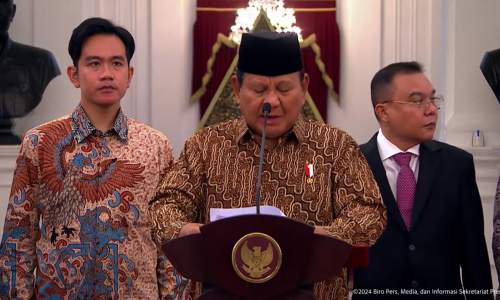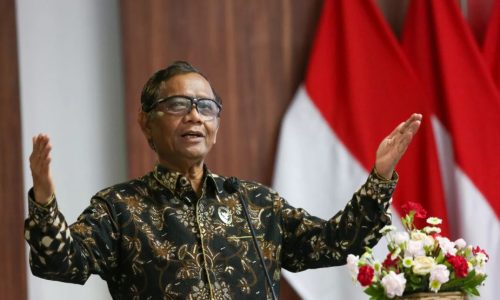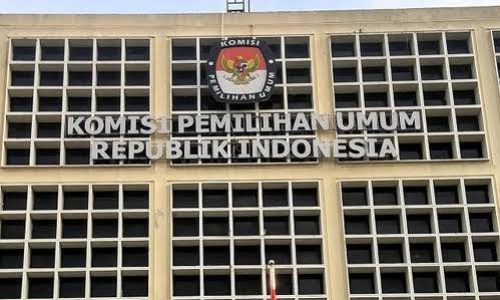Six leading think tanks, grouped under the Energy Transition Policy Development (ETP) Forum, has outlined nine essential recommendations for the government of President Prabowo Subianto to ensure Indonesia’s successful energy transition.
Guntur Sutiyono, Director of Indonesia Climateworks Centre, emphasized that the acceleration of clean energy transition is vital to maintaining Indonesia’s energy resilience amid global economic and geopolitical changes.
He called on the new administration to prioritize energy independence and clean energy utilization to combat the climate crisis.
“In the next five years, accelerating clean energy transition will be critical to achieving net-zero emissions targets and supporting sustainable national economic growth,” Guntur said, on Thursday, October 24, 2024.
The following are nine recommendations proposed by the ETP Forum:
- Direct subsidy
Energy subsidies in Indonesia are currently deemed inefficient. The government needs to reform its approach by implementing targeted direct subsidies using accurate digital-based programs to reach the most vulnerable communities.
- Energy access expansion
Reliable and clean energy access for underdeveloped regions (3T – frontier, outermost, and underdeveloped areas) is crucial. The development of community-based microgrids and off-grid solutions could help these areas achieve energy self-sufficiency.
- Feed-in tariff policy
To enhance clean energy adoption, the government should separate the roles of regulators and business operators. Introducing a feed-in tariff mechanism, which provides above-market prices for renewable energy producers, can stimulate investment in clean energy technologies.
- Strengthening energy transition coordinating institutions
The government should strengthen the National Energy Council (DEN) and establish a presidentially led task force to ensure coordinated energy transition policies, similar to how the country manages poverty alleviation or disaster response.
- Development of Carbon Economic Value (NEK) governance
A focus on decarbonizing sectors outside electricity, such as industry and transportation, is essential. Expanding the implementation of carbon economic value beyond the power sector is necessary.
- Reaffirming global energy transition commitments
Indonesia must be committed to increasing renewable energy capacity and doubling energy efficiency by 2030. The government should also accelerate the decommissioning of coal-fired power plants (PLTU) and push for carbon development strategies as part of the national decarbonization efforts.
- Investment in R&D of new technologies
A significant investment in technology, such as battery systems for clean public transportation, hydrogen, and green ammonia, is vital for ensuring the success of the energy transition.
- Sustainable extractive industries
While the government plans to use the extractive industry and mineral processing to support economic growth and a fair energy transition, Guntur stressed the need for high environmental standards to prevent ecosystem damage.
- Incorporating social aspects in energy transition strategies
The government should address human resources, gender equality, disability, and social inclusion in its energy transition strategy, while also mitigating any negative impacts on local communities.
These recommendations aim to ensure that Indonesia’s energy transition is not only environmentally sustainable but also socially inclusive and economically viable.









